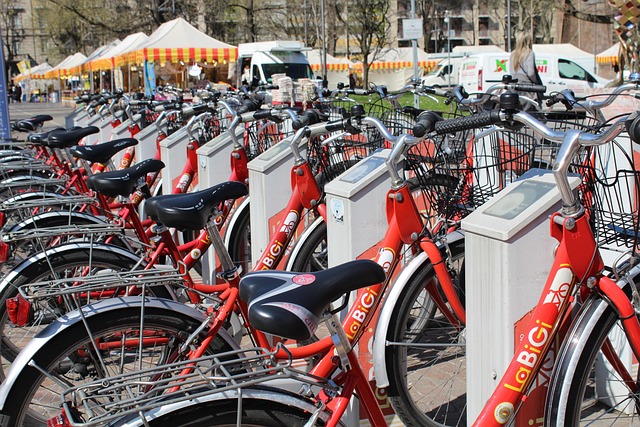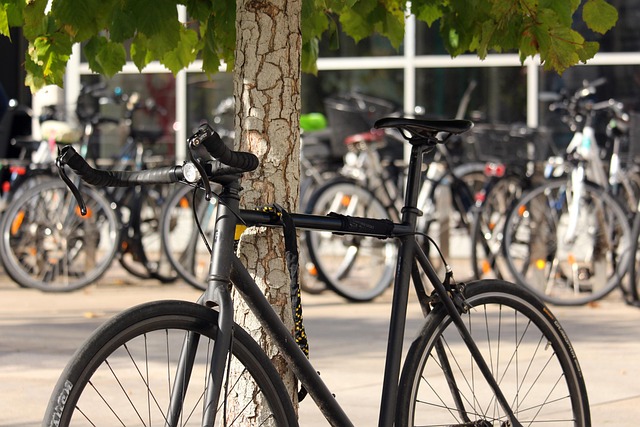Navigating the Future: Sustainable Mobility in a Tech-Savvy World
As our world continues to evolve, the concept of sustainable mobility is becoming more vital than ever. Our daily commutes and the means by which we travel are now intimately tied to technology and our social behaviors, leading us to rethink how we move through our cities and communities. The intersection of sustainability, technology, and modern social trends paints a hopeful picture for the future, urging us to take action toward a cleaner, more connected, and efficient transportation landscape.
Technology Etiquette in Sustainable Mobility
Our reliance on technology has transformed how we navigate our daily lives, and this extends into our transportation choices. From ride-sharing apps to electric scooters, the way we think about getting from point A to point B is changing. However, with every innovation comes a responsibility for users to uphold technology etiquette that fosters a culture of respect and sustainability.
Imagine a scenario where every electronic ride-sharing option encourages users to share their vehicles effectively, reducing not just the cost of shared rides but also the carbon footprints associated with multiple single-passenger vehicles on the road. This calls for a shift in our mindset — we must develop a communal approach to transport, one where the emphasis lies on collaboration rather than convenience alone. By promoting user responsibility and influencer-led campaigns that encourage proper usage, we can cultivate a habit that respects both the technology we use and our surroundings.
Social Trends Driving Sustainable Mobility
As awareness around environmental issues grows, so too does the demand for innovative solutions. Social trends highlight a generational shift towards sustainable living, where millennials and Gen Z actively seek brands and options that align with their values. This shift manifests itself in various ways, from the popularity of cargo bikes and electric cars to the rise of “mobility as a service” platforms that bundle various modes of transportation into one seamless experience.
Additionally, urban planning is evolving in response to these social trends. Cities are embracing the vision of more pedestrian-friendly streets, dedicated bike lanes, and expanded public transport networks. By tying sustainable mobility to community well-being, local governments and organizations are prompting individuals to rethink how they contribute to the fabric of their cities through eco-friendly travel choices.
Furthermore, the rise of smart city technologies integrates data analytics into urban mobility, allowing cities to optimize transportation options based on real-time usage patterns. This innovation creates more efficient and eco-friendly transport systems that not only reduce emissions but also enhance the quality of life for all residents.
Evidently, the integration of technology etiquette with the ongoing social trends broadens our understanding of sustainable mobility and what it genuinely represents. Navigating this tech-savvy future requires all of us to adopt a conscious approach to how we move, ensuring that the choices we make today pave the way for healthier roads tomorrow.




